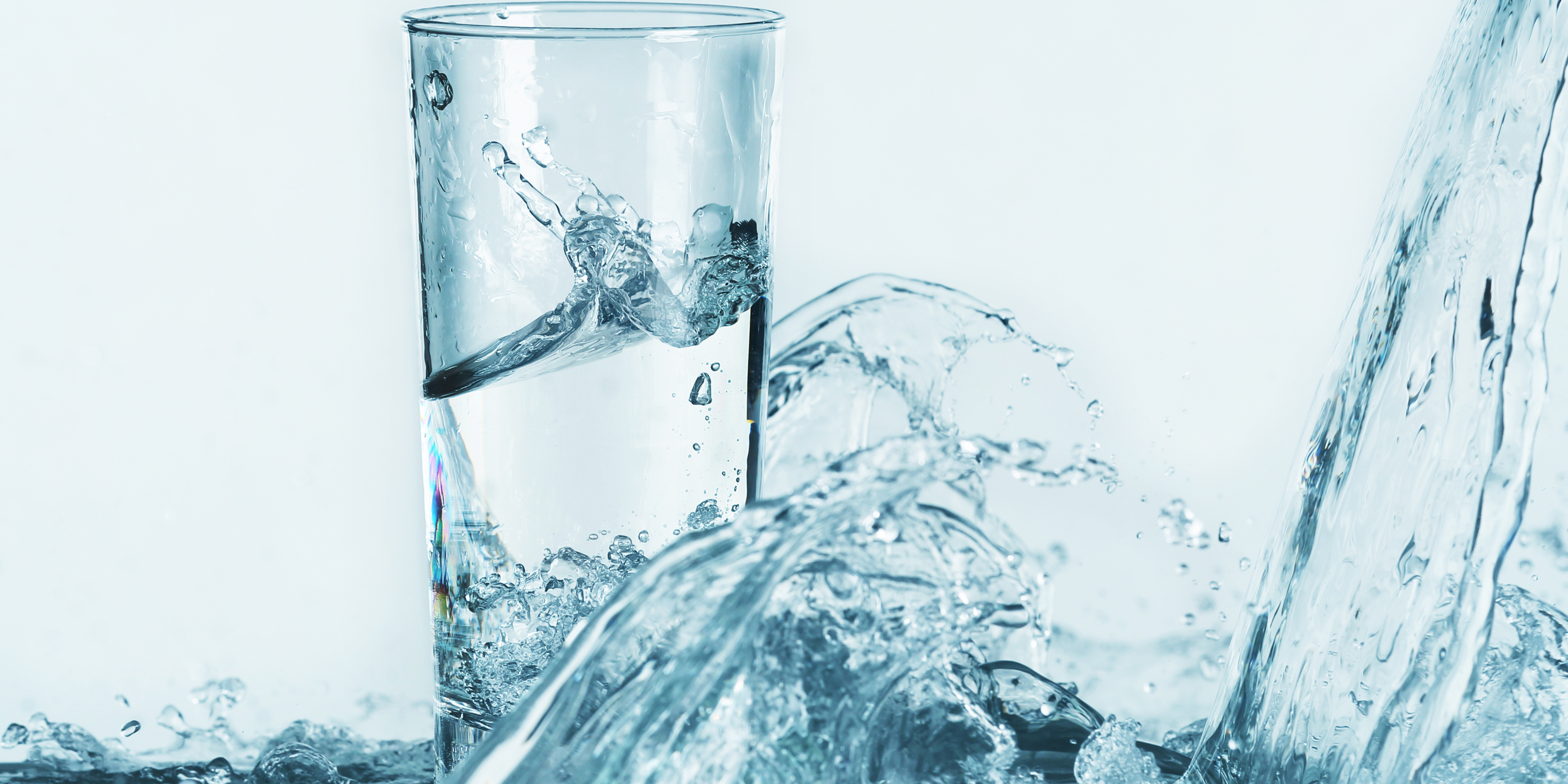Hydration requires your full attention and commitment. As an athlete you are constantly pushing your body to the limit to maintain peak performance. Water is called the elixir of life for a reason, it plays an irreplaceable role in maintaining your overall health. Hydration, or the process of fueling your body with an adequate amount of water, is not just a recommendation for life, it is a critical necessity.
Although your body is primarily composed of 60-80% water, it is frequently underestimated as a crucial nutrient capable of influencing not just physical but also mental performance. This cannot be overstated. Whether you are playing a sport, typing in an office, or lifting boxes in a warehouse, hydration affects you in subtle yet significant ways.
When you are active you lose water through thermoregulatory sweating. The bursts of high-intensity effort, your body composition, your equipment and uniforms, environmental and physiological stressors all play a role. Your body is also using water in the internal chemical processes of exercise. If you don’t drink to replace what’s been lost you will have reduced performance capacity and other undesirable changes. These changes include suboptimal body temperature, heightened breathing rate, added strain on the cardiovascular system, decreased blood flow to your brain, muscles, skin and the other systems of the body, as well as a diminished capacity to produce and utilize energy. All of this leads to decreased performance.
Even when you aren’t training or competing, the average person loses 2.5 to 3 liters of fluids on a daily basis. Primary sources of normal loss of fluid include urine, sweat, stool, and respiration. Water brings nutrients to cells, gets rid of waste, protects joints and organs, maintains a healthy body temperature and your metabolism. Without the proper amount of water, your daily body necessities of digestion, absorption, and circulation cannot function properly. It can make you feel unusually tired, you may find it harder to focus on daily activities. Long term, it can lead to problems with your heart valves or kidney stones.
Psychological impacts of dehydration also play a role in the decline of physical performance. Negative emotional states and stressors linked to limited fluid intake will prevent you from giving your all. Over 90% of studies in team sports that assessed participants’ Rate of Perceived Exertion or fatigue noted significantly higher ratings when fluid intake was restricted compared to conditions where fluids were provided.
A loss of 4% total body water leads to dehydration, that’s not a lot. The importance of hydration is not just making sure you drink water everyday but making sure you drink the right amount of water everyday. Anything easy to do is easy not to do. Drinking the right amount of water daily falls in this category. Set a timer, use a fun water bottle, make it a personal challenge, whatever you need to drink your ounces. You’ll notice important differences when you do.
